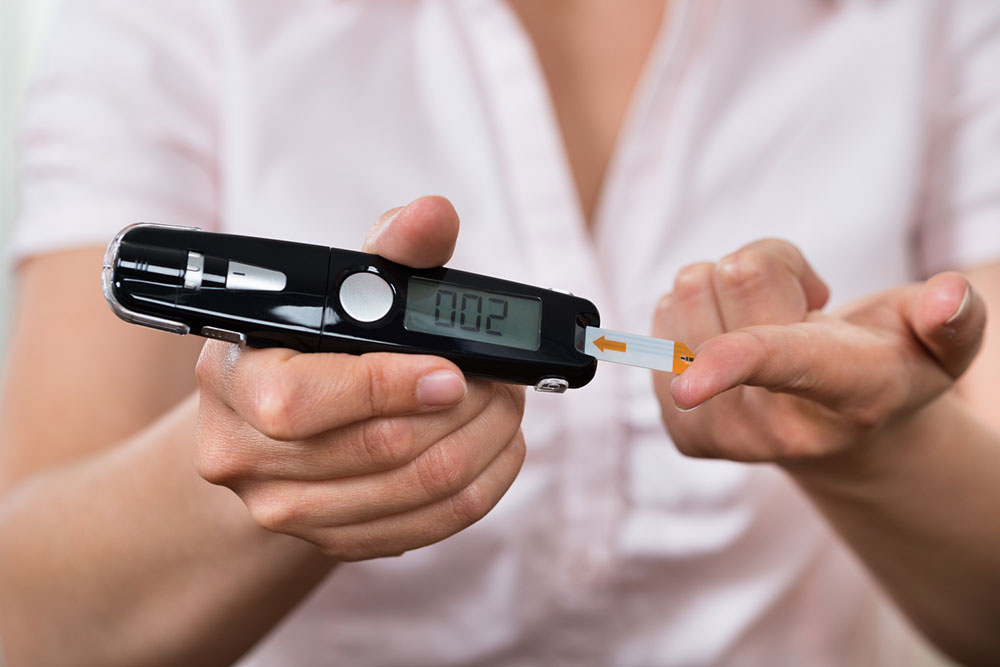6 signs of excessive sugar intake and associated health risks

Consuming excessive amounts of sugar can lead to a number of critical health risks. Despite being subtle, there are numerous significant signs that reveal the nasty consequences of high blood sugar. From frequent colds to mood swings and dental problems, these warning signals shed light on the often underestimated health hazards associated with a nutritional regime high in sugar. This article discusses the signs of excessive sugar intake and the associated risks. Keep reading to learn more.
Signs of excessive sugar intake
Here are some of the ways in which one can ascertain that they consume excessive amounts of sugar regularly:
Increased thirst
Sugar draws water from body cells. Over a period of time, this causes dehydration in individuals. Apart from that, some of the other similar signs are heightened thirst and more frequent urination.
Fatigue
Sugar leads to rapid blood sugar spikes and crashes, resulting in energy fluctuations and persistent fatigue. This is why, when individuals consume sugary drinks or foods, they feel a rush of euphoria for a few moments but then feel tired right after that. If an individual feels perpetually fatigued, then they should get their blood sugar checked.
Frequent colds
Consuming meals high in sugar can negatively impact the immune system, thereby increasing the likelihood of contracting illnesses such as colds or the flu. Individuals who commonly experience fatigue should consider consulting with a healthcare professional to undergo a blood test and assess their blood sugar levels.
Skin issues
The skin is often a good reflector of what is going on in a person’s body. This means that if an individual has health issues, that will reflect on the health of their skin. High sugar consumption can trigger inflammation, worsening skin conditions like acne and accelerating skin aging.
Tooth decay
Tooth disintegration is arguably the clearest indicator of high sugar absorption in an individual’s blood. The sugar in one’s meals provides a food source for harmful bacteria in the mouth, generating acids that wear away tooth enamel and cause cavities. When tooth decay occurs due to high sugar intake, it is usually accompanied by symptoms such as dry mouth and bad breath.
Mood swings
Sugar-induced blood sugar fluctuations can cause mood swings, irritability, and difficulty maintaining stable emotions. Therefore, if an individual wildly swings between multiple moods in a short space of time, then they probably have blood sugar issues.
Health issues caused by high blood sugar
An individual with high blood sugar levels may experience certain symptoms of the following health conditions:
Heart disease
High-sugar meals contribute to inflammation and high blood pressure, both of which are risk factors for heart disease and related cardiovascular problems. As a result, cardiovascular efficiency is closely related to factors such as blood sugar and insulin levels.
High blood pressure
Excessive sugar intake is associated with elevated blood pressure, increasing the risk of hypertension and heart disease. Over a period of time, sugar-induced blood pressure can cause serious issues in a person’s cardiovascular health. People with diabetes are particularly prone to heart-related issues when their blood sugar levels are high.
Insulin resistance
Chronic sugar consumption can disrupt insulin function, potentially leading to insulin resistance and type 2 diabetes. Insulin imbalances and resistance can cause a range of health problems in people.



